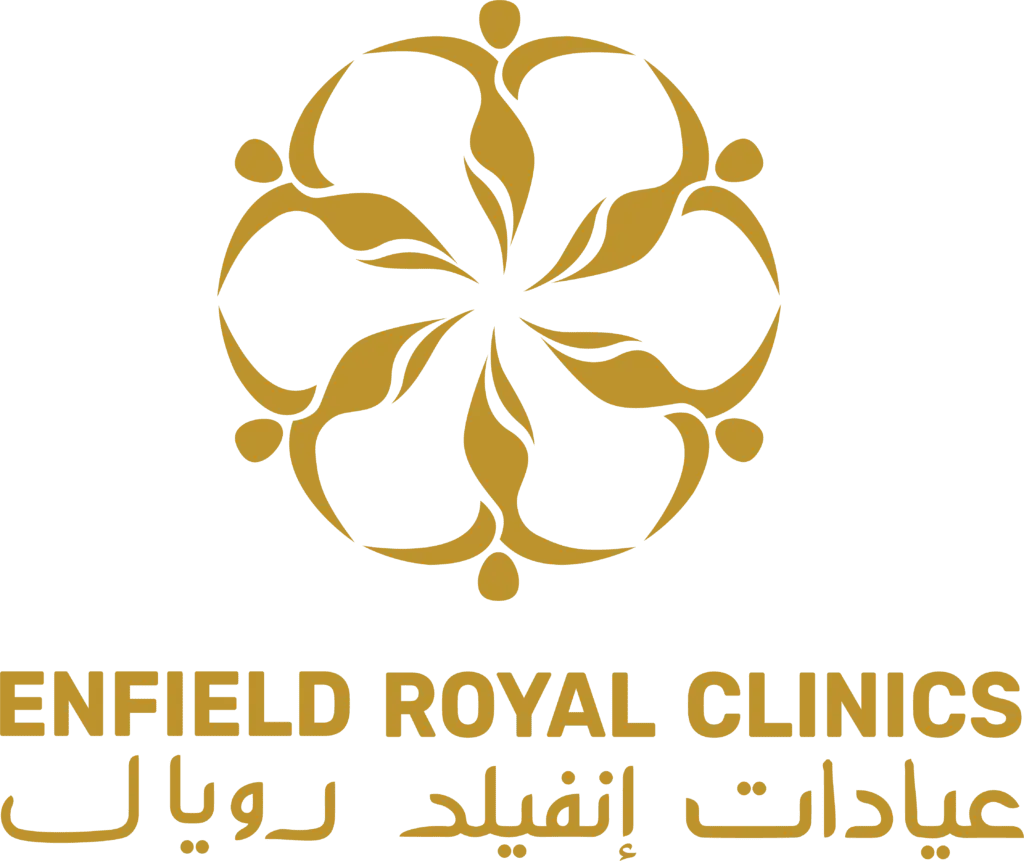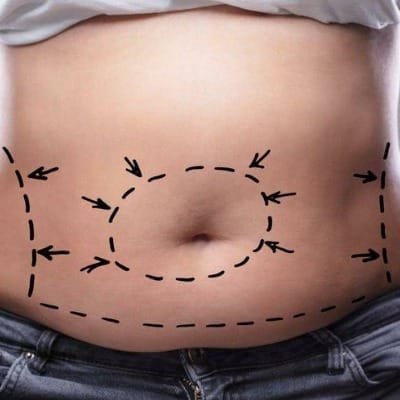Liposuction is a surgical procedure in Islamabad that removes fatty tissues to enhance the look of the body figure. Therefore, it is also necessary to make the right food choices. As many people don’t have an idea about what to eat right after the liposuction. Therefore, Here is the The Ultimate Guide of Foods to Eat After Liposuction.
What to eat after Liposuction?
Focus on Protein-Rich Foods
Bodies use protein to repair tissues, form muscle mass, and heal after surgical operations. After the liposuction process, your body will reinforce proteins to heal the treated area.
Some excellent protein sources include:
- Skinless poultry products such as chicken
- Fish, such as salmon and tuna
- Eggs
- Beans
Add Plenty of Fresh Fruits and Vegetables
The fruit and vegetables also contain vitamins and minerals which can only fight the inflammatory power of the energy and even immune the energy of the body. If a patient has liposuction done, then there will be irritation at the site that has been worked on. So, they should intake an anti-inflammatory diet such as fruits and vegetables.
- Top fruits and veggies for post-liposuction healing include:
- Cereals and fruits (strawberries, blueberries, and blackberries)
- Green leaves; spinach, kale, and Swiss chard.
- Orange fruits like oranges, lemons, and grapefruits.
Stay Hydrated with Water and Herbal Teas
Drink Water and Herbs Tea
Water intake is critical in the healing process after any surgery, liposuction surgery included. Drinking water clears toxins from the body and it also aids in eliminating swelling and promoting sound healing. In any case, it is advised to choose water to drink during work, but it can also add teas based on herbs, which have extra beneficial properties for the body.
For post-liposuction hydration:
- Drink 8-10 glasses of water a day, or any amount allowed by their doctor.
- Drink green tea as it carries antibiotic value, anti-inflammatory and antioxidant value.
- Avoid all products that contain any form of sugar, and all forms of products that contain Vitamin C.
Incorporate Healthy Fats
The body needs these fats for tissue repair and for healing in all other parts of the body. The fat soluble vitamins include the vitamins A, D E and K which assist the body in enhancing the immune system and developing good skin.
- Foods rich in healthy fats include:
- It is also known to contain large amounts of monounsaturated fats as well as other antioxidants.
- Salmon for instance has Omega-3 which has anti-inflammatory properties.
Opt for High-Fiber Foods.
High-fiber products are good for the bowel and can prevent constipation while enabling the body to derive all the necessary nutrition for the healing process.
Fiber-rich foods include:
- Whole-grain, such as brown rice, quinoa
- Products like apples, pears, and bananas
- Vegetables, with high water content like cucumbers and zucchini
- Legumes (beans, lentils, and chickpeas)
- Seeds, such as chia and flax seeds
Avoid Processed Foods and Sugars
Consuming non-nutritious food, such as take-out meals, processed snacks, candy, and fried food, can hinder your body’s healing process.
Hence, avoid junk and processed meals and ensure that you take foods that will rebuild lost tissue as a review. When you decide to use natural sources, you are giving the body all the much-needed vitamins, minerals, and antioxidants that are useful when healing and are helpful when maintaining your liposuction goals.
Consider Anti-Inflammatory, Herbs and Spices
Most of the herbs and spices used in cooking possess some form of health benefits and are devoid of fats, cholesterol, sweeteners, and salt.
Some beneficial anti-inflammatory spices include:
Turmeric:
Taking turmeric in liquid form such as in soups or a blender with other fruits and veggies should also be highly encouraged.
Ginger:
It minimizes nausea, and it also has properties that act as an anti−inflammatory substance.
Garlic:
It is famous for improving the body’s immunity and for vegetable soups and stir-fry dishes.
Cinnamon:
It Contains antioxidants and helps in the management of Type 2 diabetes.
Final Thoughts
Liposuction surgery results can be significantly influenced by the choice of appropriate foods to take after the procedure is done. Increase use of protein products, fresh fruits, vegetables, healthy fats, fiber products, and adequate water intake. To further enhance your body’s healing process, don’t consume processed meals and try to incorporate spices into your anti-inflammatory meals.
If you have any concerns about which foods are permissible after liposuction, then you should visit Enfield Royal Clinics and consult with our best surgeons about what to eat after liposuction.










Leave a Reply